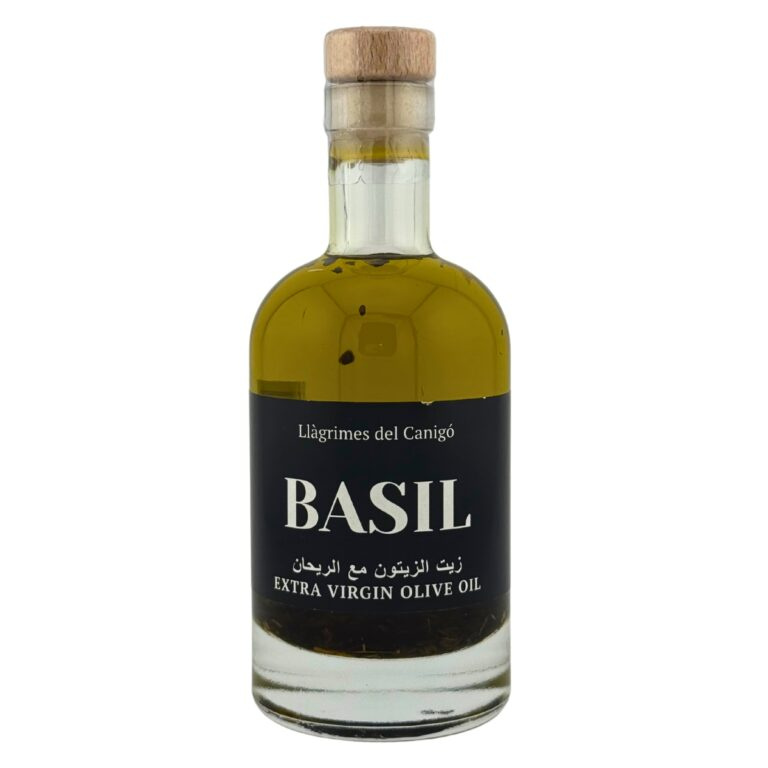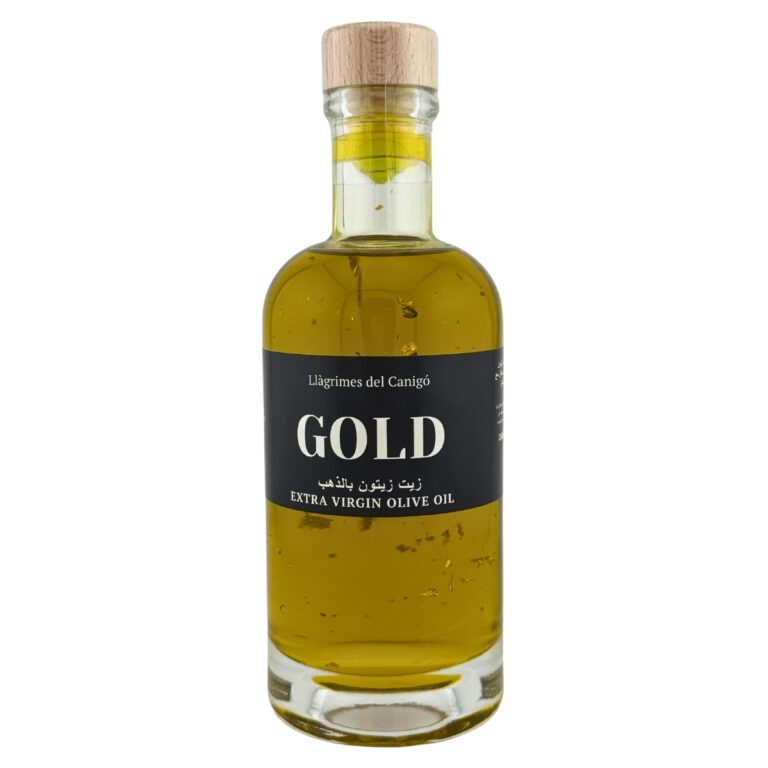Long-term storage of olive oil: How to preserve it
Olive oil is a fundamental ingredient in Mediterranean and Middle Eastern cuisine. However, improper storage can lead to oxidation, rancidity, and loss of nutritional benefits. Whether you’re a home cook or a business dealing with premium olive oils, understanding how to store it long-term is crucial.
In this guide, we’ll cover the best storage practices and how to adapt them to the hot climate of the UAE. Plus, we’ll introduce you to Giving Oil, your go-to online store for high-quality olive oils.
Factors affecting olive oil quality
Before diving into storage solutions, it’s essential to understand what affects olive oil’s shelf life:
- Light Exposure: Direct light accelerates oxidation, leading to faster deterioration.
- Temperature Fluctuations: High temperatures speed up oil degradation, altering its taste and aroma.
- Oxygen Exposure: Contact with air leads to oxidation, reducing quality over time.
- Moisture and Impurities: Humidity and contaminants can degrade olive oil.
By controlling these factors, you can extend the shelf life of olive oil while preserving its original characteristics.
Best storage practices for olive oil
Choose the right container
The best containers for long-term olive oil storage are:
- Dark glass bottles: Protect against light exposure. (Related article)
- Stainless steel tins: Offer airtight protection and prevent oxidation.
- Ceramic jars: Maintain oil freshness while blocking light.
- Avoid plastic containers, as they can release harmful chemicals over time.
Store in a cool, dark place
To ensure longevity, keep olive oil in a temperature-controlled environment between 14°C and 18°C. Avoid storing it near ovens, stoves, or any heat-emitting appliances.
Keep the bottle sealed
Always close the bottle tightly after use to prevent oxidation. If storing in bulk, transfer oil to smaller bottles to minimize air exposure.
Don’t refrigerate (Unless necessary)
While refrigeration slows oxidation, it may cause condensation inside the bottle, leading to moisture contamination. If you live in a particularly hot climate, refrigeration might be a last resort, but allow the oil to return to room temperature before use.
How to store olive oil in the UAE’s climate
Storing olive oil in the UAE requires extra precautions due to high temperatures and intense sunlight. Follow these additional steps:
Use climate-controlled storage
- Keep your olive oil indoors, away from windows and heat sources.
- If your kitchen is too warm, consider storing it in a pantry or temperature-controlled room.
Avoid transparent bottles
Since sunlight is stronger in the UAE, always use dark or opaque containers to block UV exposure.
Buy smaller quantities
In extreme climates, it’s best to purchase olive oil in smaller batches to ensure it stays fresh before it starts deteriorating.
Check for signs of rancidity
Olive oil that has gone bad may have:
- A musty or crayon-like odor.
- A bitter, metallic, or flat taste.
- A thicker, cloudy consistency (if not due to refrigeration).
If you detect any of these signs, it’s time to replace your oil.
Why choose Giving Oil for your olive oil needs?
At Giving Oil, we specialize in providing premium-quality olive oils from top brands worldwide. Our selection is curated to ensure you receive only the freshest and most flavorful oils available.
When you buy from Giving Oil, you get:
- High-quality oils with optimal storage recommendations.
- Reliable delivery to the UAE.
- A selection of the best brands known for their authenticity and freshness.
Explore our collection and bring the finest olive oils to your home or business. Shop now at Giving Oil!
Proper long-term storage of olive oil is essential to maintaining its flavor, aroma, and health benefits. By following these guidelines—especially those tailored to the UAE’s climate—you can ensure that your olive oil stays fresh for longer.



































Add comment